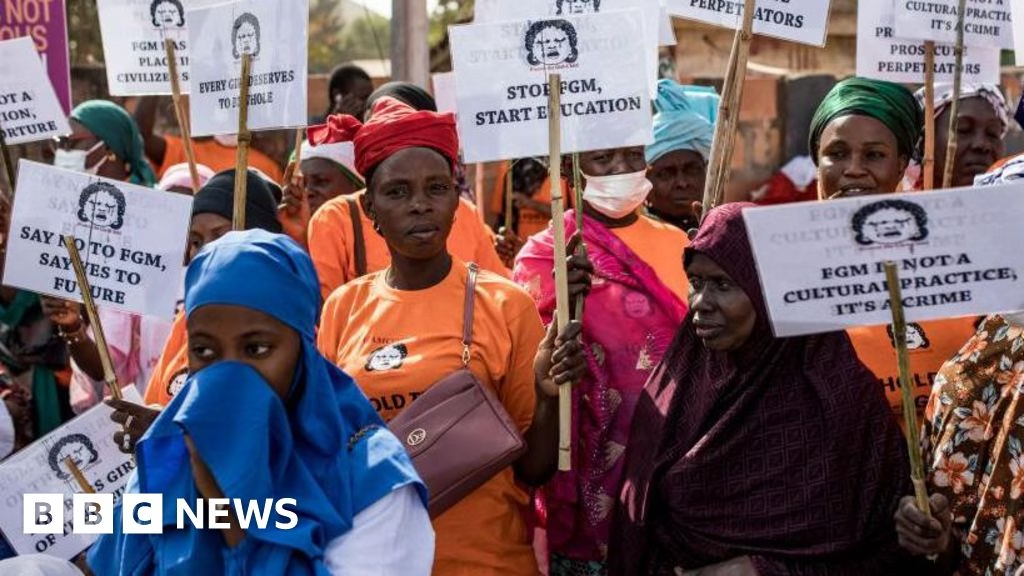The tragic death of a one-month-old infant girl in The Gambia, believed to be a victim of female genital mutilation (FGM), has ignited a wave of public anger. The child was brought to a hospital in Banjul after experiencing severe bleeding and was declared dead upon arrival, according to the police. While the exact cause of her demise is still to be determined by an ongoing autopsy, there is a strong suspicion that FGM was the cause, given that it is a cultural practice, despite being legally prohibited in this West African nation.
“We must recognize that culture is no shield, and this atrocious act is nothing short of violence,” stated Women In Leadership and Liberation (WILL), an influential non-governmental organization. Two women have been arrested in connection with the baby’s death.
The Member of Parliament for the Kombo North District, Abdoulie Ceesay, highlighted the urgency to shield children from harmful traditions that endanger their health, dignity, and life. “This loss must be a call to action for our country,” he asserted, “and a reminder of our collective duty to safeguard every child’s rights to life, safety, and dignity.”
FGM involves the intentional cutting or removal of external female genitalia, and while the practice is justified by social norms, religious beliefs, and misguided health concerns, it has severe consequences. The Gambia ranks among the top 10 countries with the highest FGM prevalence, with 73% of women aged 15 to 49 having undergone the procedure, many before the age of six.
WILL’s founder, Fatou Baldeh, observed an alarming trend of FGM being performed on infants in The Gambia, partly driven by the belief that younger girls heal faster and that the practice can be more easily concealed from authorities.
Since 2015, FGM has been criminalized in The Gambia, with penalties including fines and up to three years in jail for perpetrators, and life imprisonment in cases of fatality. However, only two prosecutions have taken place, resulting in one conviction in 2023. A push to decriminalize FGM has emerged, but legislative attempts to repeal the ban failed in parliament last year.
Globally, more than 70 countries have banned FGM, yet it persists, particularly in Muslim-majority countries in Africa, such as The Gambia.
Source: https://www.bbc.com/news/articles/c6200g5d4jlo?at_medium=RSS&at_campaign=rss








